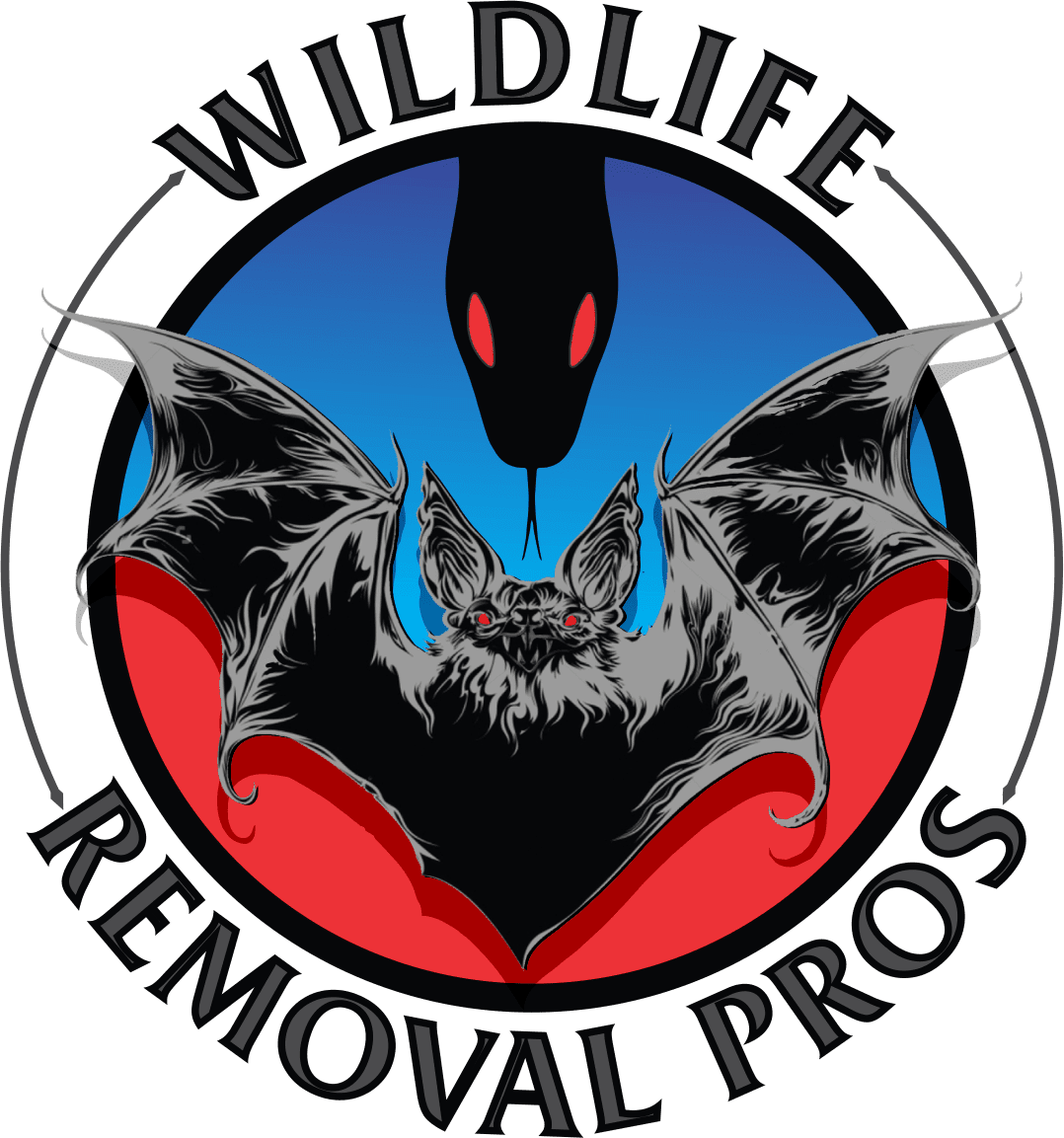Common Bird Control Issues for Lexington, Kentucky Business Owners: A Comprehensive Examination
1. Nesting and Roosting: A Multi-faceted Dilemma
The issue of birds nesting and roosting on commercial properties in Lexington goes beyond mere inconvenience. Birds often choose hard-to-reach areas like rooftops, gutters, and ventilation systems to set up their nests. Over time, these nests can become large and obstruct drainage systems, leading to water backups and subsequent water damage, including mold and mildew problems. Notably, bird nests are often built with materials that are highly flammable, such as straw and twigs, posing a fire risk especially if the nests are close to electrical installations or HVAC systems. Additionally, nests can become a breeding ground for various parasites, from bird mites to lice, which can eventually find their way into the building, causing additional infestations that are difficult and expensive to manage.
2. Property Damage: The Hidden Costs
When it comes to property damage, the harm inflicted by birds like woodpeckers and pigeons is often underestimated. Woodpeckers can cause structural issues by drilling into wooden surfaces in search of food or creating nesting holes. This action can expose the building to the elements, accelerating wear and tear and causing vulnerabilities like rot and fungal growth. Pigeon droppings are acidic and contain corrosive elements that can stain paint and erode building materials, particularly metal. Over time, the cost of remedying this damage can be significant, impacting a business’s operational budget in the form of ongoing maintenance and repair works.
3. Health and Safety Concerns: A Silent Crisis
Birds and their associated droppings and nesting materials can be vectors for various diseases, including bacterial infections like salmonella and viral infections such as West Nile Virus. When droppings dry and become pulverized, they can become airborne, posing serious respiratory risks to both employees and patrons. Furthermore, birds often harbor parasites like ticks, fleas, and mites. These parasites can easily infest buildings, affecting both humans and any pets that might accompany them. Businesses that don’t adequately address these issues can face legal repercussions, including lawsuits for failing to maintain a safe environment.
4. Food Contamination: Beyond Immediate Risks
For food establishments, the threat posed by bird presence is even more acute. Contamination is a significant risk, as birds like pigeons and seagulls may feed on food remnants and then defecate near or even in food preparation or dining areas. Beyond the immediate health concerns, this poses a serious reputational risk. Food contamination and the diseases it can cause, such as salmonellosis, can lead to business closure following a health inspection, severe financial penalties, and long-term damage to a business’s reputation. Moreover, birds scavenging in dining areas can have a negative psychological impact on customers, who may question the cleanliness of the establishment, further affecting business revenue in a longer-term.
Contact Us For Help
Understanding the intricacies of bird-related issues is crucial for Lexington, Kentucky business owners. Failing to recognize and address these problems can result in a range of negative outcomes, from financial burden to reputational damage, that could prove disastrous in a competitive business environment.
By enlisting the services of a professional wildlife control company, Lexington Kentucky business owners can effectively address bird control issues, protect their properties, and ensure the health and safety of employees and customers.
If you are a business owner in Lexington Kentucky facing bird control problems, do not hesitate to contact our professional wildlife control services. Our team of experts is equipped to handle any bird control issue and provide you with a safe and effective solution.

